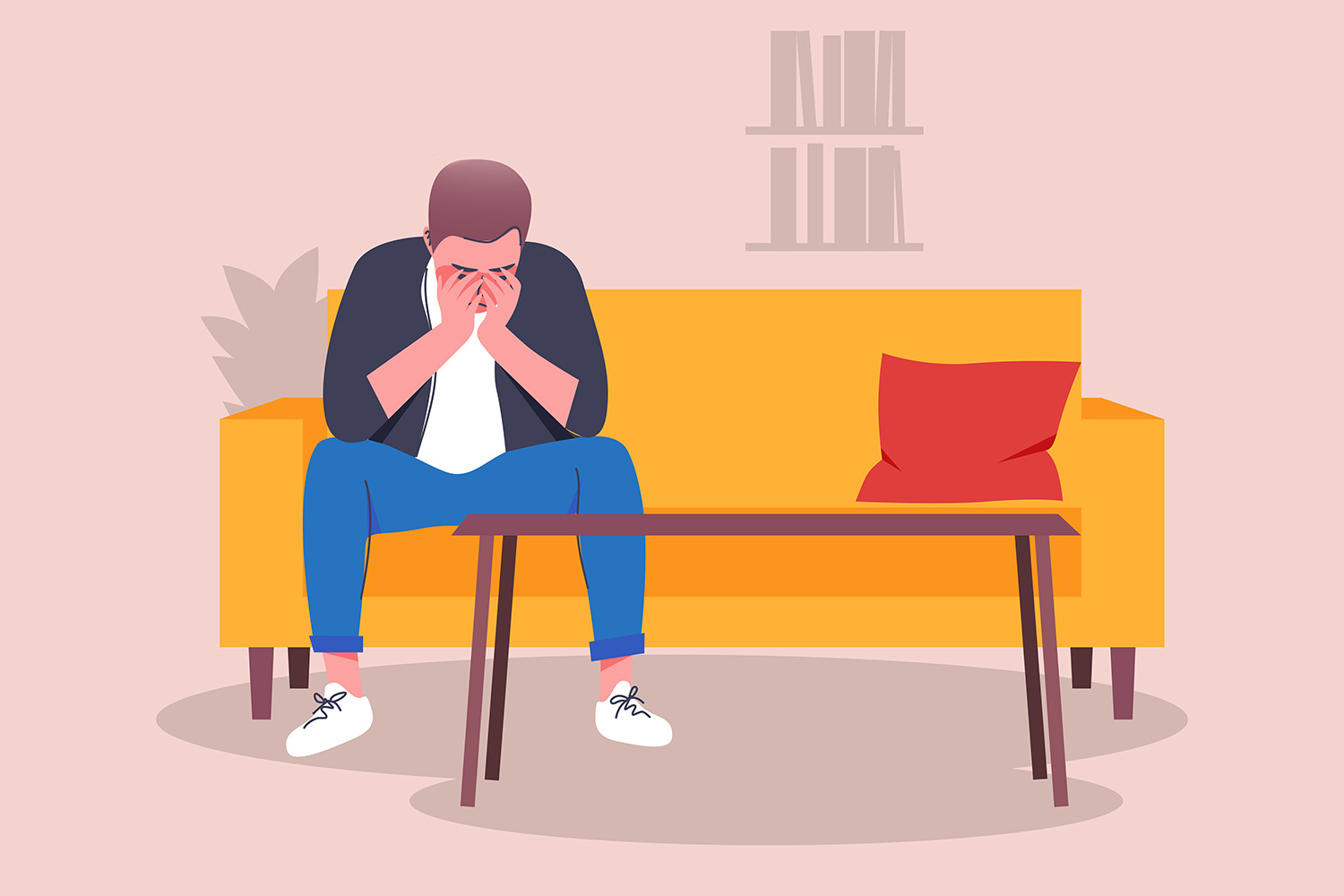Table of contents
Being accused of sexual harassment can be a traumatic experience to go through, but it doesn’t have to derail your professional reputation or personal life, so long as you tackle it effectively.
Here are the must-follow steps for anyone who finds themselves in this situation, allowing you to defend yourself from day one.

Photo : Shutterstock
1. Don’t panic
When you’re in a heightened emotional state after an accusation of this kind, it’s more likely that you’ll make mistakes.
First and foremost, stay calm, stick to your routine and don’t let your fight or flight instincts get the better of you.
2. Tell your family
Another temptation that you have to avoid is that of trying to deal with this dilemma in secret. This will only cause more pain in the long run, because it’s likely your family will find out at some point.
It’s better to take control of how this conversation takes place and bring them up to speed sooner rather than later.
3. Contact an expert lawyer as soon as possible
Speaking of not facing this alone, hiring a lawyer who specializes in allegations of sexual harassment must be a priority.
Your legal representative will be able to step in and stand up for your rights, advise you on how to proceed, engage with the other parties involved, and take charge of events if a tribunal or trial is deemed unavoidable.
A lot of people wrongly believe that if they get a lawyer involved in a sexual harassment case at this early stage, it will make them look guilty. The reality is that a lawyer will ensure you are dealt with fairly, and that you don’t make any missteps that could land you in hot water unnecessarily.
4. Refrain from engaging with the accuser
Whether the person accusing you of sexual harassment is a work colleague, an acquaintance, or anyone else in your social circles or community, it’s vital that you do not get in touch with them once their complaint has been made.
This includes face to face conversations, phone calls, email communications or SMS texts. You might be compelled to try and find out why they’ve made the allegations against you, or you might want to try and explain your situation to them and get more details about their viewpoint. Regardless, it’s critical that you don’t engage with them in any forum.
The reason for this is simply that communicating with the accuser as the accused could be construed as an attempt to subvert the course the case takes, and would play badly for you further down the line.
Furthermore, conversations of this nature will almost always result in heightened emotions, which could cause you to say something which you later regret, and which can also then be used to support the accuser’s claims.
These are all things that a lawyer will talk you through, and they’ll be the ones to handle any of the necessary communications going forward.
5. Record and recall evidence
While you shouldn’t contact the complainant, it’s conversely important that you do take the time to collect and save evidence from past communications that you might have had with them.
Perhaps you’ve got emails, texts or written notes between the two of you. In this case, there may be something in their contents which helps to support your side of the story.
At this stage it’s not a good move to try and delete or destroy evidence, as is true of any case. Doing so will of course be deemed suspicious, and perceived as an indicator of guilt.
6. Consider if there are any witnesses who will support you
Depending on the nature of the allegations, it may be relevant to put together a list of witnesses who were present at the time to speak in your favor.
Let your lawyer know about potential witnesses and they’ll make the decision on whether or not to use them. As with the accuser, never contact witnesses directly, as again this might interfere with the trajectory of the case later on.
7. Trust in the processes and procedures
From here on out you will need to follow the steps necessitated by the course of law in your area, and heed the guidance of your attorney so that you don’t make any missteps along the way.
It may be daunting and scary, but there are plenty of laws and processes which protect both the accuser and the accused, so there are no foregone conclusions.
8. Wrapping up
The worst thing you can do when facing down claims of sexual harassment is brush them aside or assume that they’ll just disappear.
Hiring an experienced lawyer and facing down accusations in the right and proper way will let you have your say and stop you floundering in this perilous situation.
